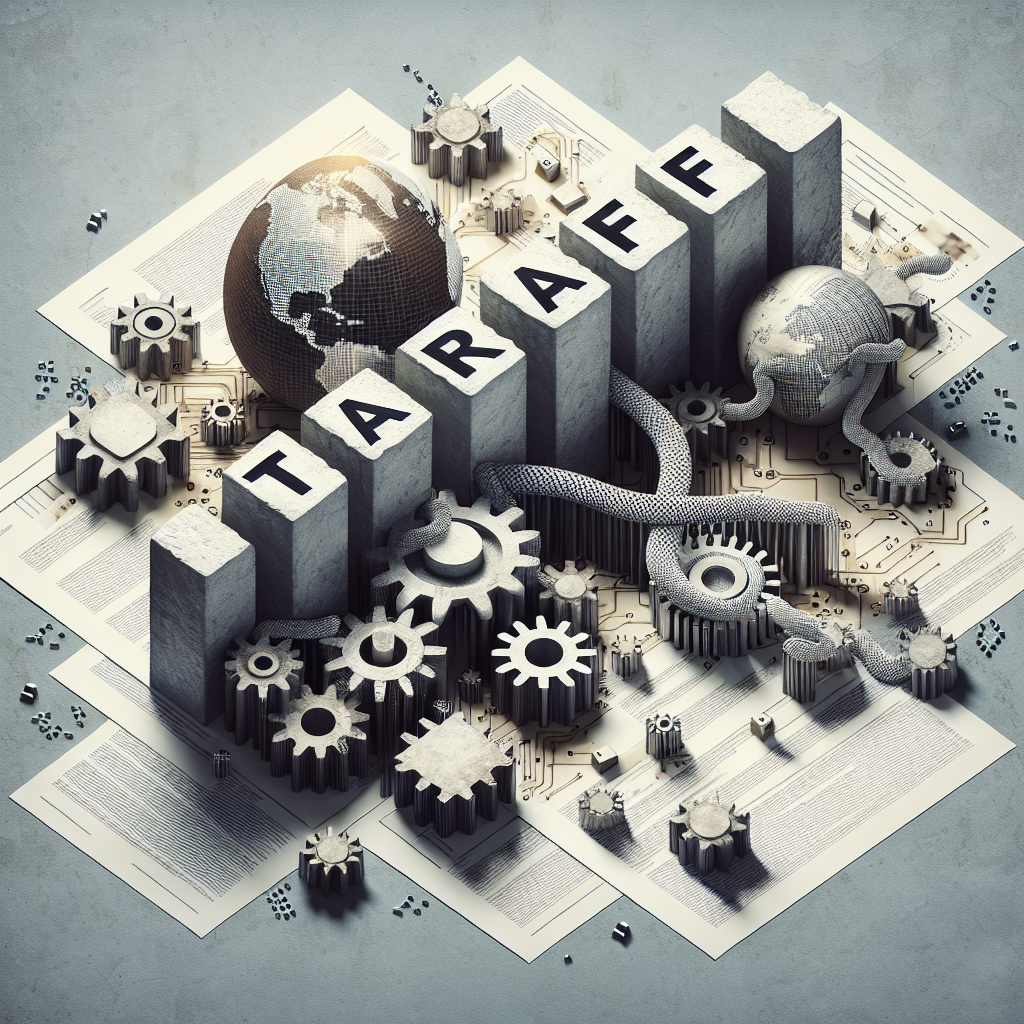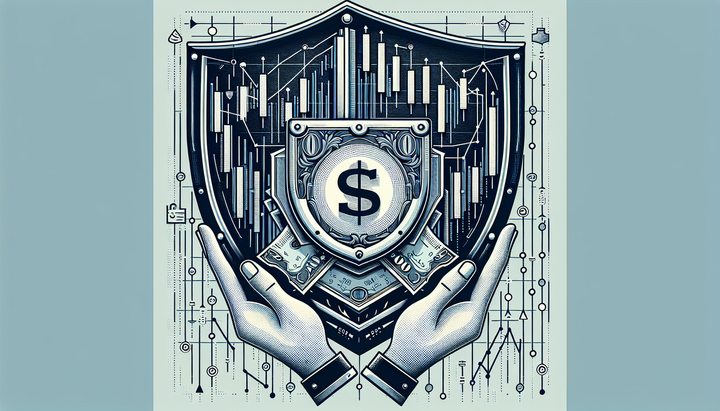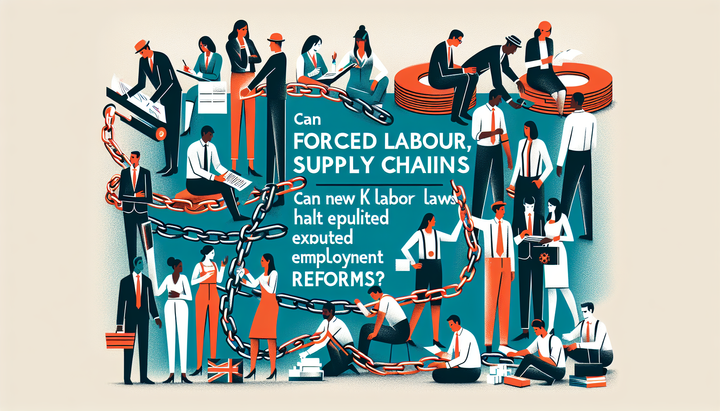Tech Giants Brace for Impact as Trump Announces Major Tariff Increases

Introduction
The tech industry is on high alert as former President Donald Trump sets to return to the Oval Office. In anticipation of his presidency, Trump has made it clear that his administration will implement significant tariff increases. This announcement has caused waves of concern across various sectors, particularly within the technology industry, which relies heavily on international supply chains.
Impact of Proposed Tariffs
Trump's proposed tariffs include a 25% increase on goods imported from Canada and Mexico and an unprecedented 60% levy on products from China, a country that serves as a global manufacturing hub. Such tariffs could potentially disrupt the entire tech ecosystem, which often sources components and hardware from overseas manufacturers to assemble smartphones, PCs, and other electronics.
The ripple effects of these measures are expected to be far-reaching, affecting consumer pricing significantly. With higher tariffs, the cost of importing tech goods into the United States is expected to rise dramatically, during which companies might pass these additional costs on to consumers. Consequently, prices for smartphones, computers, and related hardware could increase by nearly 50%, hitting the pockets of average American consumers and businesses hard.
Industry Reactions
Within the tech sector, there is a palpable apprehension among executives regarding the potential impact of Trump's tariff strategy. A senior executive from a well-known American tech firm, who preferred to remain anonymous, expressed concerns about an inevitable increase in costs for corporations and consumers. This executive highlighted the importance of finding a balanced approach with the incoming administration to avoid stifling innovation and economic growth.
The industry's sentiments are echoed by numerous other tech leaders, who are choosing to remain silent to avoid provoking political friction with the Trump administration. However, there is a shared understanding of the need to maintain a leadership position in global technology development and innovation, which could be jeopardized by restrictive trade policies.
Strategies for Adaptation
As tech companies brace for potential challenges, they are also strategizing on how to navigate these turbulent waters. Many are looking to engage constructively with the administration through industry alliances such as the Business Roundtable, which represents major U.S. companies in policy discussions. These engagements will focus on achieving favorable trade regulations, securing R&D funding, and obtaining other supports critical for sustaining innovation-driven growth.
While adopting a wait-and-see approach towards the new tariffs, some companies are leveraging their global presence and adaptability to comply with the changing regulatory landscapes they have faced historically. Such flexibility could be a key advantage as the industry adjusts to new economic dynamics brought on by the potential changes in U.S. tariff policies.
Conclusion
The tech industry stands at a crossroads as President-elect Donald Trump prepares to take office with a suite of policies that could reshape international trade dynamics. As the details of his tariff plans unfold, tech companies will need to act strategically to mitigate risks, protect their interests, and continue competing on a global scale. The coming months will be critical as the world waits to see how these tariff strategies will be implemented and what impact they will have on the tech landscape.



Comments ()